
Stop now. Right now. Wherever you are, whatever you’re doing. Stop now and join me in doing one important thing that will change your rare-disease mindset forever. Doing this one thing can affect how you embrace the rest of your child’s rare-disease journey and how you approach rare-disease parenting. It has the ability to impact every aspect of the coming days. It has the power to change the course of your rare-disease fight. I feel it is the singular most important thing you can do for yourself, with the ultimate goal of helping your child.
I call it “The Shift.”
The Shift is:
Shifting your mindset from fear to bravery.
Shifting from a state of distress to prowess.
Prowess: Skill or expertise in a particular activity or field. Bravery in battle
“How?” you say. “How can I change my outlook from fear to bravery? How can I move from distress to prowess?”
The answer is going to sound way too simple. Are you ready?
You are going to choose action.
You may be rolling your eyes. You may even feel a little let down with this answer after that big build up. We will take a deeper dive into this, but the truth is, the rare-disease mindset all boils down to this simple mantra: You can be fearful and still do hard things. It boils down to action!
Fear is often out of our control. It is a biochemical response to a presented situation. But choosing action? Choosing action is most definitely in our control. Action is the antidote to fear.
Listen, let’s just acknowledge something up-front. As you face the rare-disease journey ahead, at some point you’re most likely going to feel fear. Learning that your child has a genetic disorder, a chronic illness, or a pediatric or childhood disease, and then learning it’s rare, can be scary. Rare-disease parenting can feel frightening. However, fear itself is not the enemy. Fear is a valid human reaction to the situation we are in. Being fearful doesn’t make us weak, it makes us human. So it’s not about whether or not to acknowledge that you feel afraid. It’s about acknowledging the fear that comes with rare-disease parenting and then choosing what you are going to do with it. You can either be motivated by it or debilitated by it. It can fuel you or freeze you. Ultimately, this is your choice in putting on the rare-disease mindset.
Now, let’s talk about the opposite of fear. Let’s talk about courage for a minute. The very definition of courage is the ability to do something that frightens you. The definition is not being fearless or being without fear. The definition suggests that yes, you are human, and yes, you feel frightened, but you do the frightening thing anyway.
Courageous people aren’t super humans whose superpower is the ability to not feel fear. They are not wired differently. They don’t have a different gift or talent than you. They have simply made the choice to respond to fear with action. Every single one of us can make this choice.
Most strong and courageous leaders will tell you that when faced with a difficult situation, it wasn’t that they didn’t feel fear. It’s that they didn’t let fear stop them. They did the hard thing anyway. They did it scared. That’s the difference between someone who is courageous and someone who is not. The courageous person did the thing they were afraid of despite being afraid.
Courage is like a muscle that needs to be used and stretched in order to grow bigger. Courage comes from pushing ourselves outside our comfort zone and outside the unknowns. Courage comes from “doing.”
This entire rare-disease journey is filled with unknowns. In fact, most of what we are facing is new and unknown. And our comfort zone? Sayonara, sister! We definitely left that a long way back. So in order to face these things that have been put before us, we’re going to need to exercise our courage muscle. We are going to need to put on the rare-disease mindset and take action.
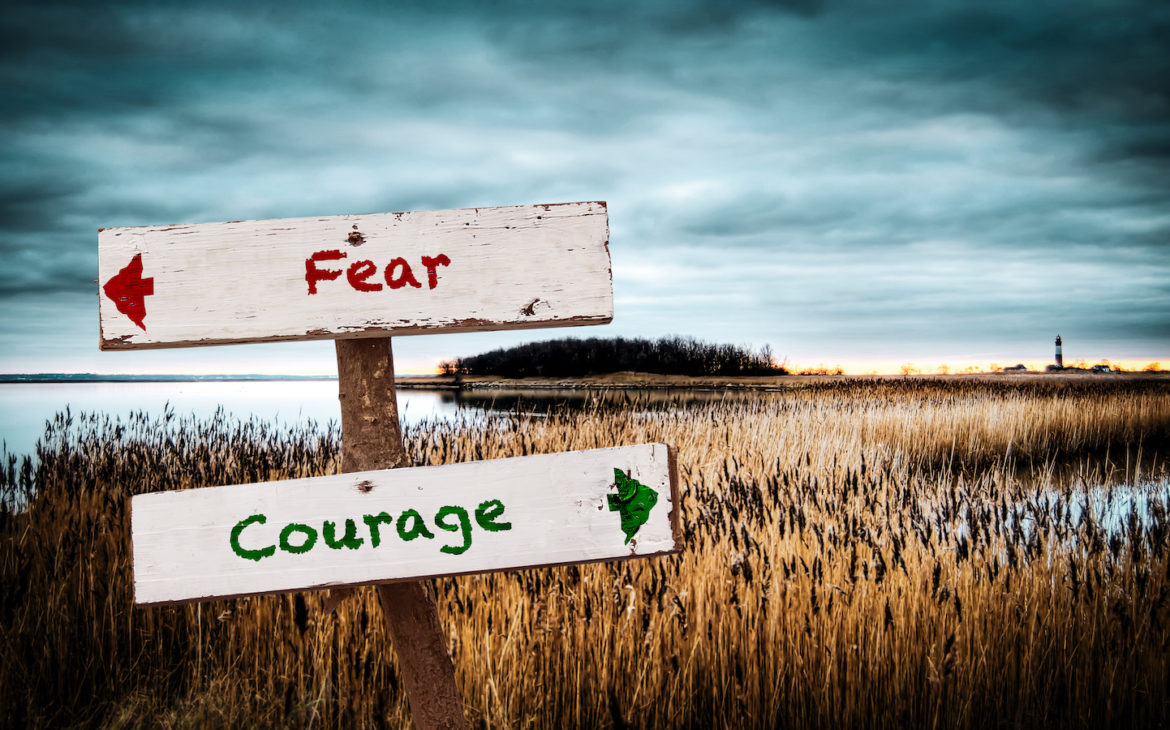
This is how it works. If you don’t have courage now, believe me, you eventually will. How? Because that’s what happens along the way when you’re getting stuff done. Stuff’s gotta get done. Who’s gonna do it? You are. And somewhere along the way, there you are doing it. There you are being strong without even thinking about it. Because you’re doing what needs to be done.
Taking your kid to undergo anesthesia for a test or a treatment. Talking to rare-disease specialists, pediatric neurologists, and childhood disease experts. Standing up to educators who tell you they’re not going to provide what your child needs at school. Appealing insurance denials for necessary treatment or equipment. Why? Not necessarily because you’re feeling strong or courageous, but mostly just because you want your child to have what they need. You’re doing hard stuff because it needs to get done. Then you’ve done it and you feel a little stronger and more courageous because you know you did it and that means you can do it again.
So the courage starts coming. It comes from doing. By choosing action and doing the hard things anyway, you will be cultivating courage. Your courage will grow with every action you choose. The rare-disease mindset is a courage mindset.
If you choose this courage mindset over and over again, before too long, some of your fears will subside. Over time and over the years you may face scary situations again and again, but I bet you start to feel less afraid of them. It’s not that the situation you’re facing doesn’t warrant fear, it’s that you’ll start to know deep inside that even though it’s scary, you can do it anyway. You’ve done it before so you’ll do it again.
The fearful situations may not cease altogether, but you’ll be better prepared for them; you’ll be approaching them from the rare-disease mindset. You’ll know from experience that you can get through them. One day you’ll look up and your courage will surprise you. You’ll realize that you have become a brave person as evidenced by all the hard and courageous things you have done. It will come from the actions you have taken.
Do not wait until you stop feeling afraid to start the thing, whatever the thing is. Do not wait. Start anyway. Take action.
Now maybe you’re saying to yourself, Yes, that all makes sense. I understand it cerebrally, but it’s easier said than done. It’s still hard to motivate myself to take an action when I am paralyzed with fear. My answer to that? I agree. But let me give you two very important reasons why it’s vital to make this shift to the rare-disease mindset. In case you’re still wavering or considering, let me drive home why it’s critical that you choose action over fear.
1. Your well-being depends on it.

Around every corner of this rare-disease journey, there may be something new to figure out or some obstacle to overcome. What will you do? Who are you in the face of the storm? Will you keep growing? Will you let it push you forward?
This is a choice you must make. If you don’t choose to let it push you forward to take action and be brave, then you may be in a sense choosing to be a victim. A victim mentality rests on a couple key beliefs, including that bad things happen and will keep happening and any efforts to create change will fail, so there’s no point in trying. How can this be good for your soul? This type of mentality can negatively affect your entire physical and mental well-being.
What if by choosing the rare-disease mindset and by choosing action, what you are really choosing is possibilities? What if your actions and steps are opening up doors for new outcomes and possibilities for your child’s disease? What if doing the very hard thing makes things easier and better in the long run?
Thinking this way is good for your soul. It helps let the light in. It helps let the hope in. We all need hope in our heart. Mama, more than ever we need hope in our heart. It’s good for us. It helps to propel us forward.
Instead of being immobilized by fear, what if you were catapulted into new possibilities by it? What if you let it push you into new territories that yielded new results?
Take all your heartache and all your angst and put it into action. See where that action leads. See what you can set into motion. See what doors you can open.
Now is the time to draw the line in the sand and say, “No matter what happens, I will rise up and try. No matter what happens, I will not let this break me. No matter what happens, I will keep saying yes to action.” If you put on the rare-disease mindset and make the choice to be courageous and persevere despite all odds, you will.
Show your fear who’s boss. It’s good for your heart, soul, and spirit.
Still not convinced? Okay. I will get even more direct.
Hold on, I’m digging in deep.
2. Your child’s health depends on it.
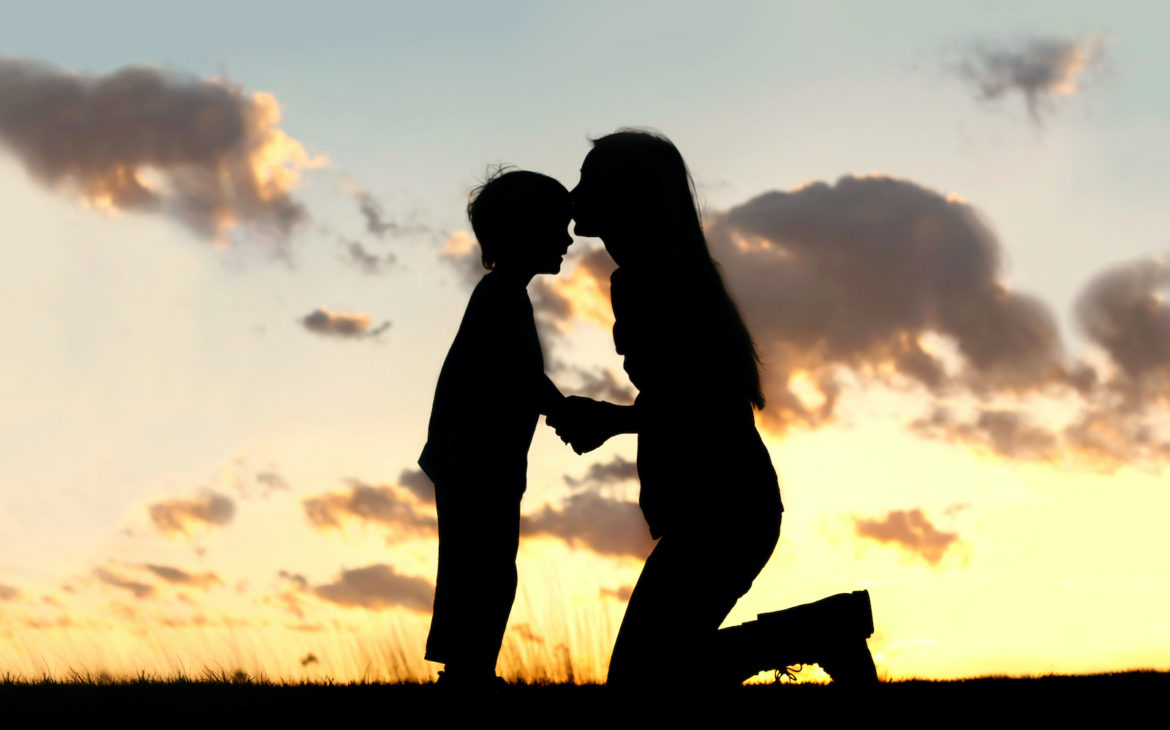
Mama, let me be frank, there is something more important than your fear, and that is your child’s health. Your baby is counting on you. Your child is depending on you to do the hard things for them. Your child is depending on you to approach things from this courageous rare-disease mindset. Childhood and pediatric rare conditions and disorders are often complex and can feel daunting. So even though you have absolutely every right in the world to feel afraid, you cannot let fear stop you. There’s too much at stake. When you feel too fearful to take a step, you need to remember your why. Your why is the reason you’re doing the hard thing. You’re taking hard steps forward to help your child. I know your heart aches that your child was diagnosed with a rare disease. I know you’d do anything to help them. I know so much of this rare-disease journey feels out of your control. But this is the part you can control. You can decide right here and now that your fear is not more important than what needs to get done for your child. Tell your fear, right now, that it’s taking a back seat to your child’s needs. Your child is way more important.
You have heard about powerful things mothers have done in order to help their child. We all know the story of the mother lifting up a car up to save her baby. When it comes to our children, don’t mess with mama! So you just need to remember that when you’re doing this scary thing, you’re doing it for your child and for the sake of their health. It’s worth it.
I cannot tell you how many rare-disease parenting things I have done while rattled with fear. I cannot tell you how many times I’ve had to put on this rare-disease mindset. I have sat with Miles through painful procedures and surgeries. I have made scary phone calls. I have asked big, hard questions. I have stood up to experts and authorities.
I have felt the physiological responses to fear. I have felt my heart pounding. I have felt my palms sweat. I have felt my stomach tied in knots. I have felt weak in the knees. I have also felt the emotional symptoms of fear. I have felt my mind racing and unable to focus. I have felt scattered and have forgotten important things. I have felt unnerved, short, and fatigued.
But the thing I didn’t do was stop.
I will be completely honest with you. If I would have let my fear stop me, my son’s health would look very different than it does today. My son’s health was more important than my fear, so I stepped up and did the things I was afraid of and my son’s health benefited. When I look back one day years from now, I don’t want to have one ounce of regret that my son went without something he needed because I was too scared to ask for it, or fight for it, or to do whatever hard and scary thing that was required to obtain it.
I made a decision. I made a very hard decision at the beginning of this rare-disease parenting journey. I decided I would be brave. That I would choose action. And that I would put on this courageous rare-disease mindset. It was hard, but I am so glad I did. I’m telling you without a shred of doubt that it often set in motion things that directly benefited my child’s health. Believe me, I am not taking credit for all of the amazing things that have come from his exceptional team of doctors, specialists, and therapists and from the researchers and companies that worked on treatments for his disease. But I am saying that as his parent, choosing action was a contributing factor in changing outcomes.
You want to know what else is depending on this besides your child’s physical health? Their emotional health. True character is often determined not when life is easy but when it’s hard. Adversity is most certainly an opportunity for growth, and it’s often a teaching opportunity.
Your child is watching. Your child is looking to you to see how you will handle hard circumstances. You are modeling behavior. When faced with a situation, children often look to us parents to know how to respond. If they feel scared, they will look to you to see if you are scared. If they are upset, they look to you to see if you are upset. They are picking up cues from us all the time. They are watching. They are taking it in. They are learning. This an opportunity to teach courage. This is your chance to reveal to them, “Yes, Mommy feels a little scared inside, but I am going to go do the hard thing anyway.”
Do you wonder how your child will handle all that is before them? Do you fret about how they will deal with medical procedures, being different from other kids, being dependent on help during their life? This is the time to show them! Instead of spending your time worrying about it, spend your time teaching them. Use these opportunities to show your child how to face these obstacles. Use these situations to model being courageous and strong.
My son Miles has to face scary medical procedures often. It’s a part of his regular life. His disease requires continual medical interventions that include pokes, prods, surgeries, injections, and on and on. On top of all the medical aspects of his disease, there are also many emotional aspects that require him to be brave too. He is one of only a few children in his entire school of 1,600+ children who is in a wheelchair. He has to do things differently than his classmates. He has to face obstacles and challenges every single day.
The reality is, throughout his life he’s going to need to be brave and courageous to meet all that is in front of him. I pray that he learns this important virtue. But the best way I can teach him is by showing him. The best way for him to learn bravery is by seeing Mom being brave. More than any words I can say to him, modeling the behavior I want him to learn is what will make the biggest impact. I think to myself, What do I want him to learn from me? How do I want him to face his fears? Often, I choose to be brave, put on a rare-disease mindset, and show courage in the face of my fear so that one day he will make this choice too.
A very smart writer who I admire said, “Brave moms raise brave kids.” I absolutely love this. And I absolutely believe it to be true. What will you teach your child? What will you teach your family? What will you teach yourself?
I can’t think of more crucial reasons why you must make this shift in your mindset and choose bravery over fear. Every person will come to a critical point in their life when they are challenged to be brave. Mama, perhaps this is your time. I want to encourage you to make a choice. Right now. Up-front. Decide right now that you will shift your mindset from fear to bravery. Decide right now that you will fight fear with action. Decide today that you will approach rare-disease parenting with a courage mindset.
When you’re ready to get started check out my article about “The Fight of Our Lives” and “The 6 Things You Need to Start Your Rare-Disease Fight.” to help you get move forward.
Winston Churchill said, “Fear is a reaction. Courage is a decision.”
Don’t let fear win out. Don’t let it delay you, slow you, or stop you altogether. It’s time to replace worry, fear, fretting, and anxiety, with guts, valor, courage, and moxie.
It’s time to step into your power!

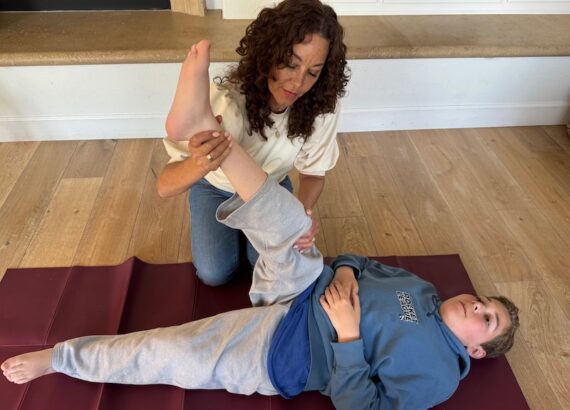
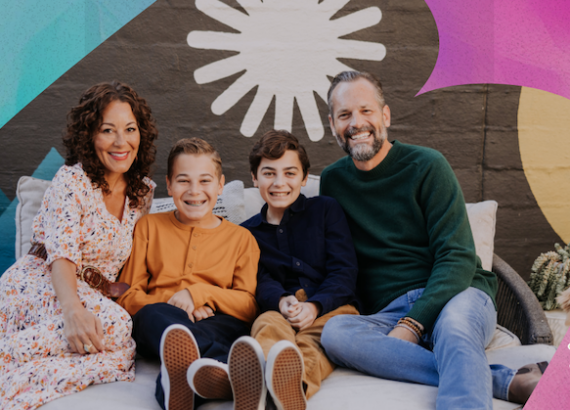
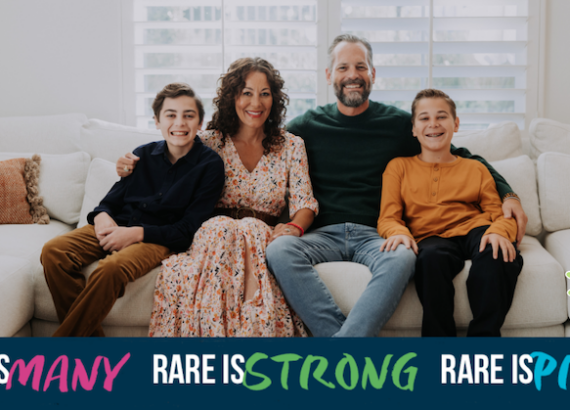


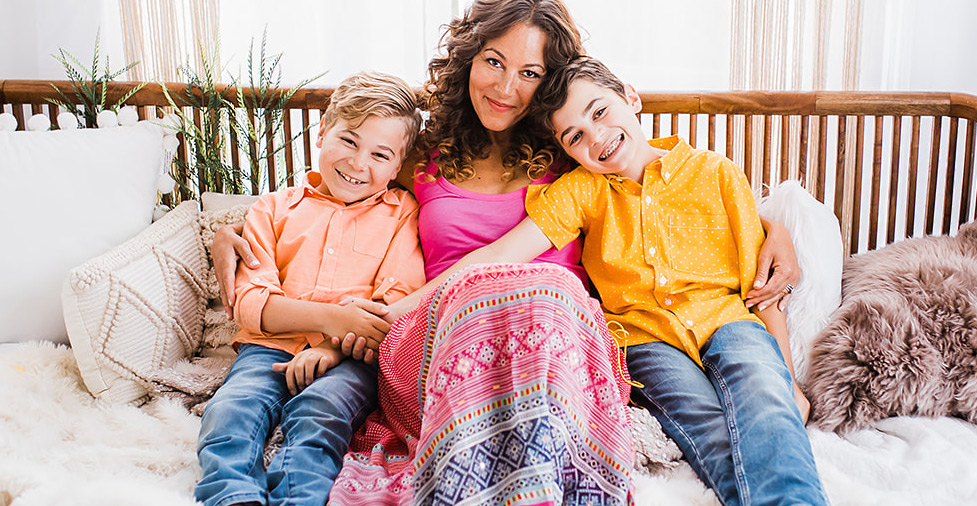


Comments are closed.